Are you planning to pursue a Master’s degree in Germany and feeling overwhelmed by the document requirements?
The application process can be complex, but fear not! Gathering application documents beforehand is crucial for a smooth and timely application process.
This comprehensive guide will explain the essential documents required for your Master’s program application in Germany. You’ll understand what’s needed and ensure you’re well-prepared ahead of time. By the end of this post, you’ll have a clear picture of all the documents required for master’s in Germany.
How to apply for a master’s in Germany?
Germany is a popular study-abroad destination for international students pursuing master’s degrees. The application process can be complex; adequate planning and preparation can be handled effectively.
Here is a step-by-step guide to help you throughout the process:
Research and choose a program: You can start by researching the universities in Germany and master programs that align with your career goals. When doing your research, consider factors like program focus, location, and the language of instruction.
Many universities in Germany offer master’s programs in German, not English. So, it is essential to check this before applying to universities.
- Check admission requirements: Each program in Germany will have different admission requirements, including academic transcripts, language proficiency tests (like TOEFL or IELTS) and sometimes standardised tests like GRE or GMAT.
- Gather required documents: Gather all your essential documents, such as transcripts, letters of recommendation, a CV/resume, and a statement of purpose. Compiling these documents is crucial for a smooth application process.
- Language proficiency: If you have chosen a program that is entirely taught in the German language, you need to prove your proficiency in the German language. Even if it is in English, a language test may still be required unless you have studied in an English-speaking institution.
- Submit your online application: Most German universities allow you to apply directly on their online portal. At the time of application, fill out your application form carefully, ensuring all information is accurate and complete.
- Pay the application fees: Some universities may require an application fee, so check and pay it within the specified deadline.
- Wait for admission decision: After submitting your application, you must wait for the university’s decision. Depending on the program and university, this can take several weeks to months.
- Apply for a student visa: Once approved, you must apply for a student visa to study in Germany. This process can be time-consuming, so it is better to start early.
- Enrollment and Orientation: You can enrol once you receive your acceptance letter and visa. Many universities also offer orientation programs for international students to help them settle in.
Documents required for Master’s in Germany
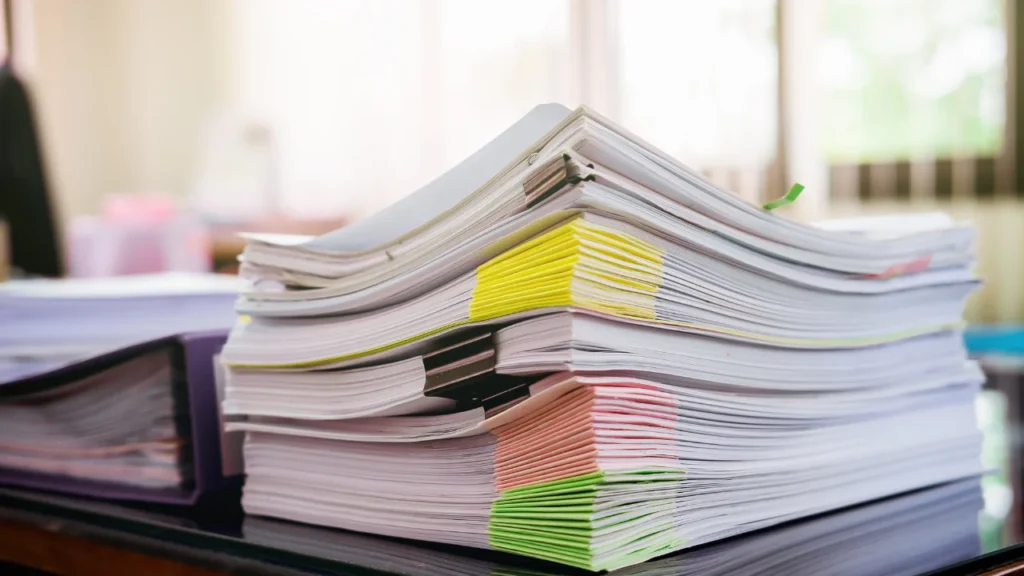
To apply for a Master’s program in Germany, you must prepare the documents to ensure you have submitted your application successfully.
Here is the list of documents needed for a master’s in Germany:
Academic transcripts:
- Marksheets for your classes 10th and 12th and bachelor’s.
- Degree certificate
Language proficiency
- You will need to provide the proficiency of your English or German language proficiency. The type of test you need to take will depend on the course you have chosen.
- Some programs may require you to take the TOEFL(Test of English as a Foreign Language) or IELTS (International English Language System). You should have scores on these tests as well.
- Some programs may require standardised test scores like GMAT or GRE, especially business and management courses.
- Other programs may also require test scores of German language proficiency tests like DSH (Deutsche Sprachprüfung für den Hochschulzugang) or the TestDaF (Test Deutsch als Fremdsprache).
Additional other documents

- Your Curriculum Vitae (CV) or Resume highlighting your educational qualifications, work experience, research projects, publications (if any), and other relevant achievements.
- A clear copy of your valid and updated passport is needed for identification purposes.
- A carefully constructed Statement of Purpose that describes your academic and professional background, reasons for choosing the program, and future goals.
- Two or three Letters of Recommendation from your employer and institution who can attest to your academic abilities, skills, and character.
- You also have to provide proof of financial means. This evidence shows that you possess adequate funds to pay for your tuition, living costs, and return journey (if applicable), often required for visa purposes.
You must pay a minimum first-year complete tuition fee before submitting the visa file to the Embassy/VFS, and the blocked account amount has been increased to 11,208 Euros.
German student visa checklist
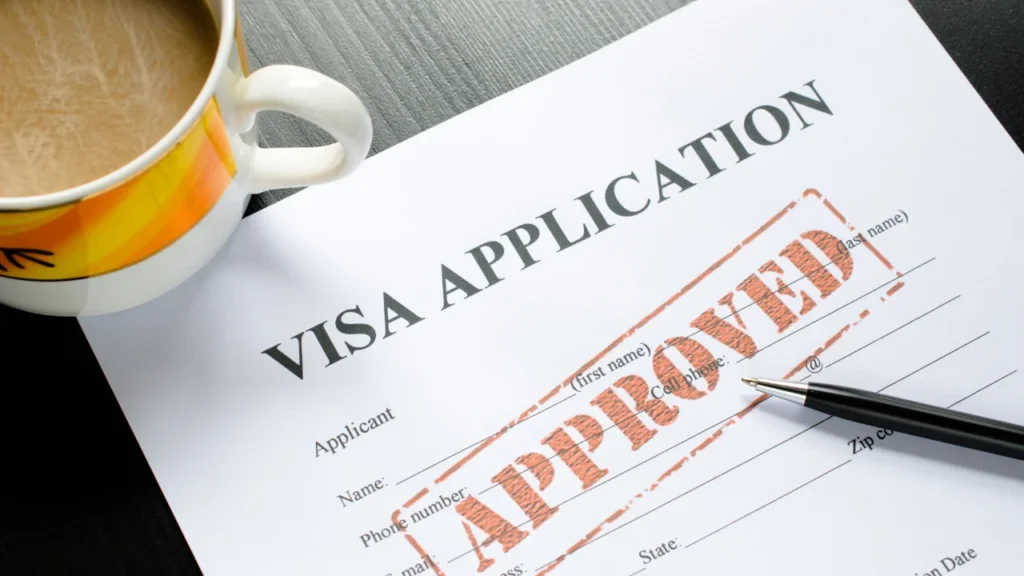
After you have prepared all your documents for your master’s program, the next step is to apply for a German student visa. This is essential as you need a visa to enter Germany.
You must apply for a German National Visa (D-Visa) to study in Germany. This is a student visa that will help you to land in Germany.
Here is the checklist for a German student visa:
- Your passport was issued within the last ten years and is valid for at least another year as of the date of visa application. It has at least two empty pages.
- The application form and declaration (under Section 54 of the Residence Act) are duly signed.
- Copy of your passport’s data page (A4 size copy)
- Statement of purpose / Motivation letter
- Certificate provided by the APS (Academic Evaluation Centre)—For comprehensive details on the application process, please visit www.aps-india.de.
- Proof of admittance to the study course/preparatory college (original and two copies), including information on the language of instruction
- If the German University doesn’t specify language requirements, submit proof of at least B2-level proficiency in the course language, including the original and two copies.
Only certificates from recognised institutions like Goethe Institut, ÖSD, IELTS, TOEFL, and Cambridge Assessment English are accepted. Avoid submitting “exemption letters” or “Language of Instruction Certificates.”
- Original and two copies of all your previously obtained academic certificates are required.
- Updated Curriculum vitae
- Evidence of sufficient financial resources to support yourself during your studies can be demonstrated through one of the following documents:
- Confirmation of a German/EU scholarship or stipend.
- Verpflichtungserklärung” (formal obligation letter) from a sponsor residing in Germany.
- Blocked bank account with a balance of 11,208 euros for the first year of your stay.
Setting up a blocked bank account can demonstrate your ability to cover living expenses when applying for a visa.
Note: From 01.01.2023, a maximum of 934 euros per month can be withdrawn from a blocked account. However, during the initial phase of your stay, you may encounter expenses exceeding this limit, such as a security deposit for renting accommodation.
- If the university imposes tuition fees, you’ll need to provide evidence of sufficient funds covering the tuition costs for the initial two semesters, along with a detailed breakdown of the fee structure. This can be demonstrated through one of the following options:
- A receipt of payment issued by the university OR
- An educational loan OR
- An unencumbered deposit was added to your blocked account (in addition to 11,208 euros).
- Three passport photos must adhere to biometric standards and should be at most six months old.
- A visa fee of 75 € payable in INR only
- Travel health insurance must be valid from your arrival in Germany until the date of enrollment at the university specified in your admission letter, typically around three months.
Top universities for masters in Germany
Germany is home to 49 universities featured in QS World University Rankings. Here are some of them.
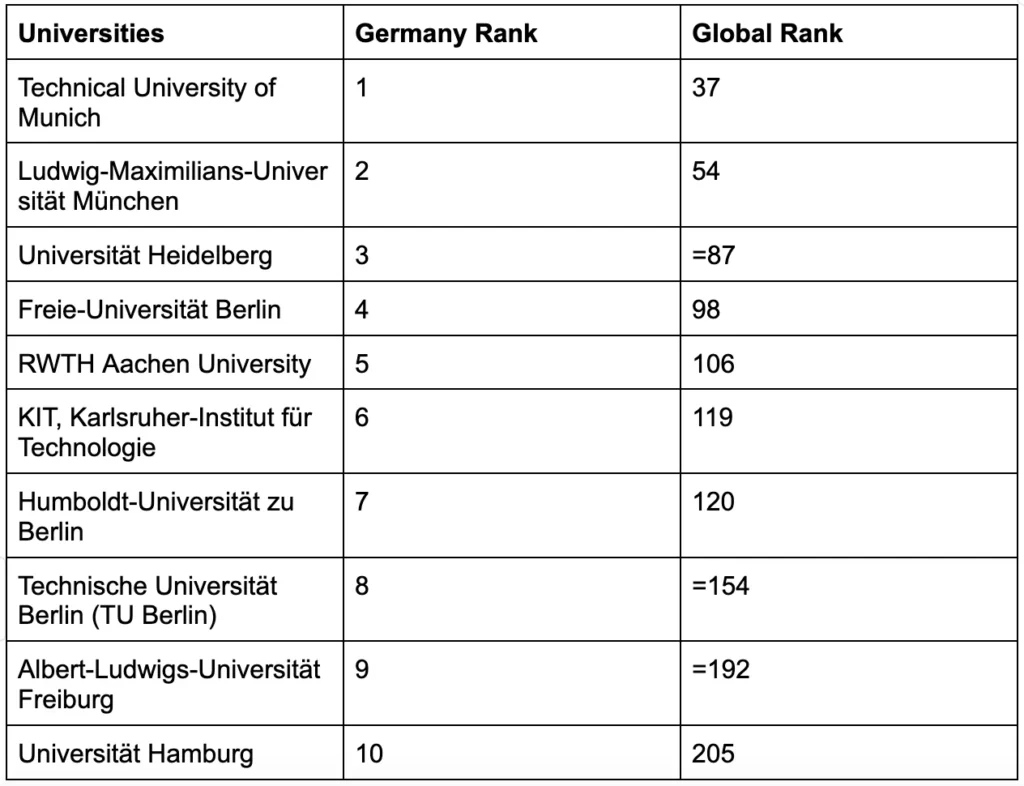
Conclusion
In conclusion, preparing documents for a Master’s program in Germany is crucial to a successful application.
Each document, from academic transcripts and language proficiency tests to financial proof and health insurance, is vital in your admission process.
By understanding and fulfilling these requirements, you can navigate the application process confidently and increase your chances of securing a spot in your desired program.
Take the first step towards your Master’s journey in Germany by reviewing the document requirements for your chosen program and starting to gather them today.

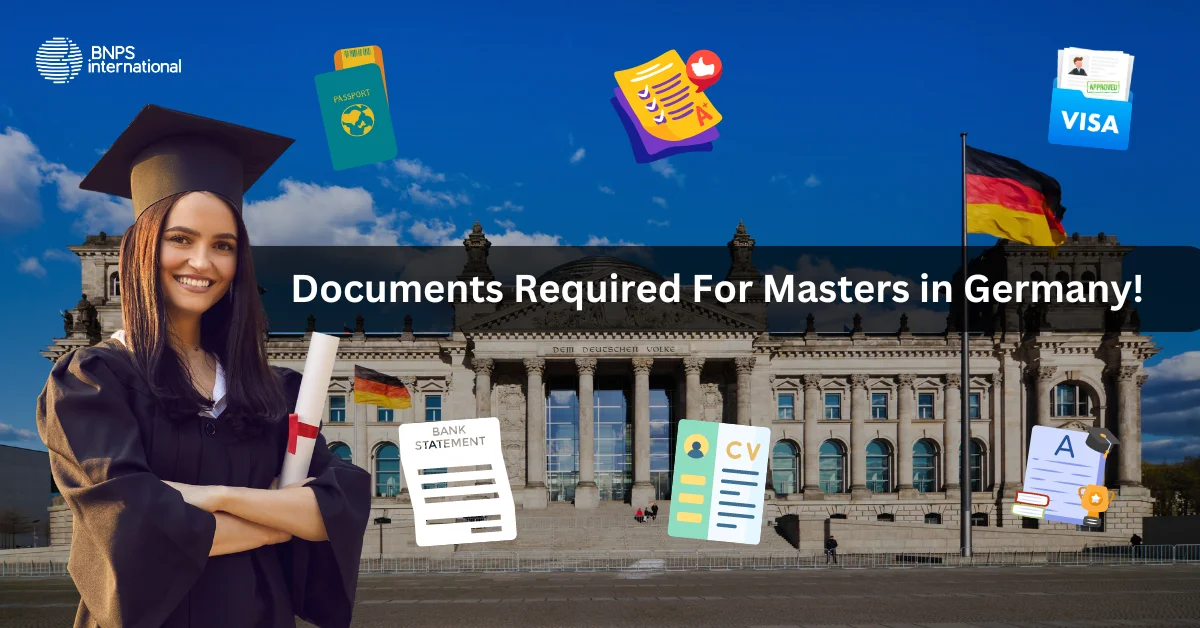







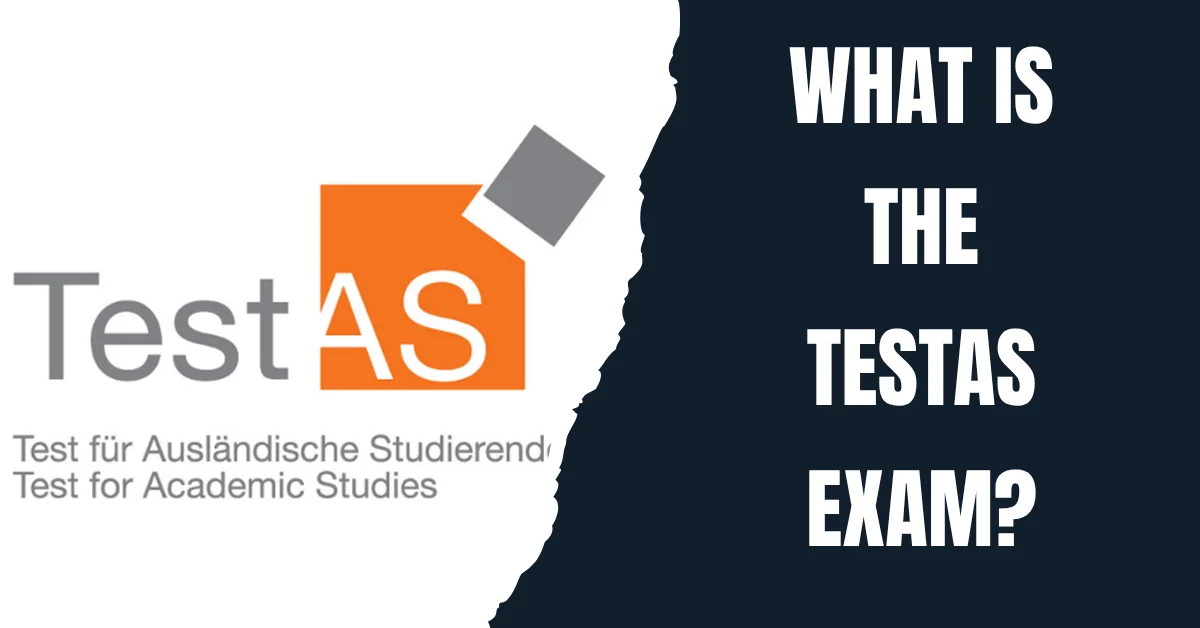

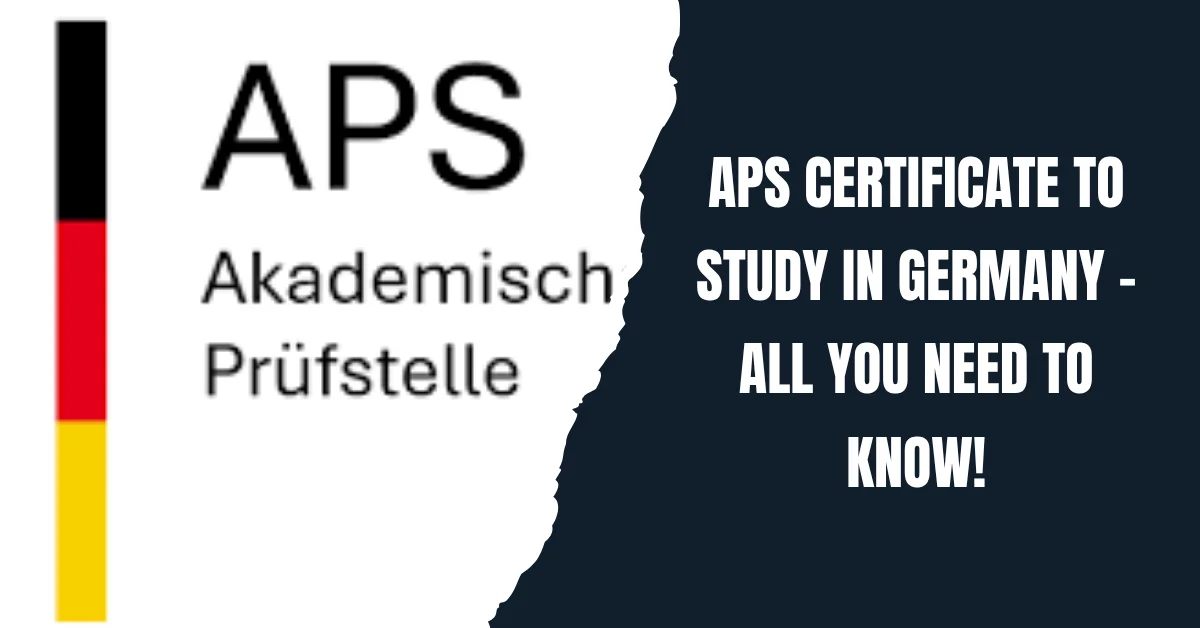

















68 Responses
https://prolifehc.com/
Good article and right to the point. I don’t know if this is
in fact the best place to ask but do you guys have any ideea where to hire some professional
writers? Thanks in advance 🙂 Najlepsze escape roomy
Very good info can be found on blog..
I just couldn’t depart your web site prior to suggesting that I really enjoyed the standard info a person provide for your visitors? Is going to be back often to check up on new posts
Hi there! This post couldn’t be written much better! Looking at this article reminds me of my previous roommate! He constantly kept talking about this. I’ll forward this post to him. Pretty sure he will have a good read. Thanks for sharing!
Excellent blog you have here.. It’s difficult to find high quality writing like yours these days. I honestly appreciate people like you! Take care!!
You’re so interesting! I don’t believe I have read through anything like this before. So great to find someone with some genuine thoughts on this topic. Really.. thank you for starting this up. This site is something that is needed on the web, someone with a little originality.
I could not resist commenting. Very well written.
Pretty! This has been an incredibly wonderful post. Many thanks for providing these details.
Hi there! This blog post could not be written any better! Looking at this post reminds me of my previous roommate! He always kept preaching about this. I am going to send this post to him. Fairly certain he’s going to have a very good read. Thank you for sharing!
You should take part in a contest for one of the greatest websites on the web. I most certainly will recommend this web site!
That is a really good tip especially to those fresh to the blogosphere. Brief but very precise info… Appreciate your sharing this one. A must read post.
I blog quite often and I genuinely appreciate your content. The article has truly peaked my interest. I will take a note of your website and keep checking for new information about once a week. I subscribed to your Feed as well.
Can I simply say what a comfort to find somebody that actually knows what they’re discussing online. You actually understand how to bring a problem to light and make it important. More and more people should look at this and understand this side of the story. I can’t believe you’re not more popular since you surely have the gift.
Oh my goodness! Amazing article dude! Thank you so much, However I am experiencing troubles with your RSS. I don’t understand the reason why I can’t join it. Is there anybody else getting identical RSS problems? Anybody who knows the solution can you kindly respond? Thanks!!
Aw, this was a very nice post. Taking the time and actual effort to generate a top notch article… but what can I say… I hesitate a whole lot and don’t manage to get nearly anything done.
I’m impressed, I must say. Seldom do I encounter a blog that’s both educative and entertaining, and without a doubt, you’ve hit the nail on the head. The issue is an issue that too few men and women are speaking intelligently about. Now i’m very happy I stumbled across this in my hunt for something concerning this.
Great blog you have here.. It’s hard to find good quality writing like yours nowadays. I honestly appreciate people like you! Take care!!
Greetings! Very useful advice in this particular article! It’s the little changes that produce the biggest changes. Thanks for sharing!
I must thank you for the efforts you’ve put in writing this site. I’m hoping to check out the same high-grade blog posts by you in the future as well. In truth, your creative writing abilities has encouraged me to get my own website now 😉
Everyone loves it when folks come together and share opinions. Great site, stick with it!
Everything is very open with a clear description of the challenges. It was really informative. Your site is useful. Thank you for sharing.
An outstanding share! I have just forwarded this onto a colleague who had been conducting a little research on this. And he actually bought me dinner due to the fact that I found it for him… lol. So let me reword this…. Thank YOU for the meal!! But yeah, thanks for spending the time to talk about this subject here on your website.
May I just say what a relief to find somebody that actually knows what they are discussing on the net. You certainly understand how to bring an issue to light and make it important. More and more people must read this and understand this side of your story. I was surprised you aren’t more popular since you surely have the gift.
acheter médicaments en Belgique facilement Heumann Heelsum comprar
medicamentos genéricos de confianza en línea
This blog was… how do you say it? Relevant!! Finally I’ve found something which helped me. Kudos!
bookmarked!!, I really like your site!
This site definitely has all the info I wanted about this subject and didn’t know who to ask.
I could not refrain from commenting. Exceptionally well written.
I couldn’t resist commenting. Very well written.
Way cool! Some very valid points! I appreciate you writing this post plus the rest of the website is extremely good.
Having read this I thought it was rather informative. I appreciate you taking the time and effort to put this informative article together. I once again find myself personally spending way too much time both reading and leaving comments. But so what, it was still worthwhile!
Excellent article. I will be experiencing a few of these issues as well..
You need to take part in a contest for one of the greatest websites on the net. I’m going to recommend this website!
Having read this I believed it was extremely informative. I appreciate you finding the time and energy to put this short article together. I once again find myself spending a lot of time both reading and commenting. But so what, it was still worthwhile!
This is a topic that’s close to my heart… Cheers! Exactly where can I find the contact details for questions?
Great site you have here.. It’s difficult to find quality writing like yours these days. I truly appreciate people like you! Take care!!
Aw, this was a very nice post. Taking a few minutes and actual effort to generate a great article… but what can I say… I put things off a lot and never seem to get nearly anything done.
You are so awesome! I don’t think I’ve read anything like that before. So nice to discover somebody with unique thoughts on this topic. Seriously.. thank you for starting this up. This website is one thing that is needed on the internet, someone with a bit of originality.
This web site really has all the information and facts I wanted about this subject and didn’t know who to ask.
I really love your site.. Pleasant colors & theme. Did you make this website yourself? Please reply back as I’m trying to create my own blog and would like to know where you got this from or just what the theme is named. Many thanks.
May I just say what a comfort to uncover somebody who actually understands what they are discussing on the net. You certainly realize how to bring an issue to light and make it important. More people have to read this and understand this side of the story. I was surprised that you are not more popular because you surely possess the gift.
You need to take part in a contest for one of the greatest sites on the internet. I most certainly will recommend this web site!
Howdy! I just want to offer you a big thumbs up for your excellent info you have here on this post. I am returning to your website for more soon.
Your style is very unique compared to other people I have read stuff from. Thanks for posting when you have the opportunity, Guess I’ll just bookmark this blog.
I love reading through a post that can make people think. Also, thanks for allowing for me to comment.
This website was… how do you say it? Relevant!! Finally I’ve found something which helped me. Thanks.
Your style is so unique compared to other folks I have read stuff from. Thanks for posting when you have the opportunity, Guess I will just bookmark this site.
Aw, this was an incredibly nice post. Spending some time and actual effort to create a really good article… but what can I say… I hesitate a lot and don’t seem to get anything done.
Great blog you’ve got here.. It’s difficult to find good quality writing like yours these days. I honestly appreciate people like you! Take care!!
Hi, I do believe this is an excellent website. I stumbledupon it 😉 I may revisit yet again since I saved as a favorite it. Money and freedom is the greatest way to change, may you be rich and continue to guide other people.
Very interesting points you have remarked, regards for posting.
Travel blog
I blog frequently and I really appreciate your information. The article has truly peaked my interest. I am going to bookmark your site and keep checking for new details about once per week. I opted in for your RSS feed too.
An impressive share! I’ve just forwarded this onto a friend who had been doing a little homework on this. And he actually bought me breakfast simply because I found it for him… lol. So allow me to reword this…. Thanks for the meal!! But yeah, thanx for spending time to talk about this matter here on your blog.
Good post. I definitely appreciate this website. Thanks!
An outstanding share! I’ve just forwarded this onto a co-worker who was conducting a little research on this. And he in fact bought me dinner because I discovered it for him… lol. So let me reword this…. Thanks for the meal!! But yeah, thanx for spending the time to talk about this subject here on your site.
Your style is so unique compared to other folks I have read stuff from. Thank you for posting when you have the opportunity, Guess I will just bookmark this page.
An impressive share! I have just forwarded this onto a coworker who was doing a little research on this. And he actually ordered me breakfast simply because I stumbled upon it for him… lol. So let me reword this…. Thank YOU for the meal!! But yeah, thanx for spending some time to talk about this topic here on your internet site.
This site was… how do I say it? Relevant!! Finally I’ve found something which helped me. Appreciate it.
Thanks for sharing. I read many of your blog posts, cool, your blog is very good.
We are glad that the blog helped you a lot. You can check out our other blogs and can also contact our team of experts for any assistance, we will be happy to assist you. You can contact us on +91-8800880285
Thank you for your sharing. I am worried that I lack creative ideas. It is your article that makes me full of hope. Thank you. But, I have a question, can you help me?
Thanks for sharing. I read many of your blog posts, cool, your blog is very good.
Thank you for your sharing. I am worried that I lack creative ideas. It is your article that makes me full of hope. Thank you. But, I have a question, can you help me?
Thanks for sharing. I read many of your blog posts, cool, your blog is very good.
Your point of view caught my eye and was very interesting. Thanks. I have a question for you.
Thanks for sharing. I read many of your blog posts, cool, your blog is very good.
Thanks for sharing. I read many of your blog posts, cool, your blog is very good.